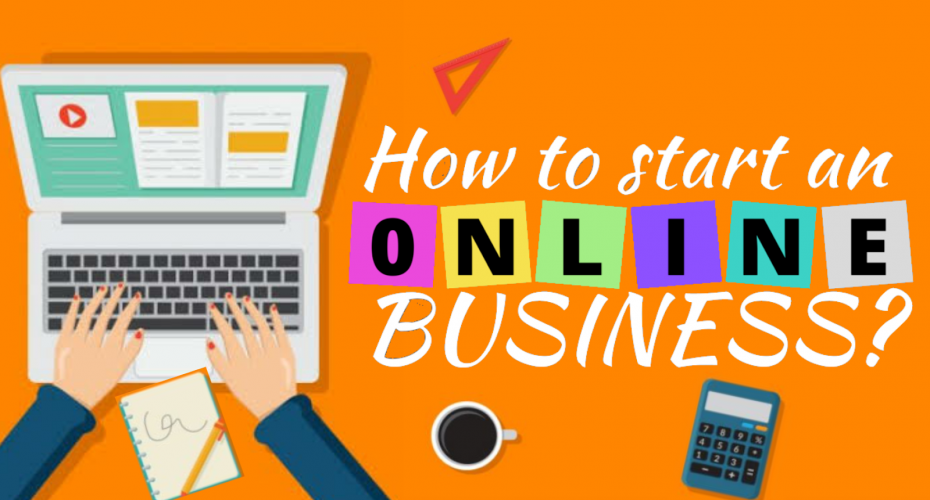


Follow this plan for attracting visitors to your small business' site -- and getting them to buy.
Anyone, from newbie to seasoned online entrepreneur, can benefit from this process in learning how to start a business online.
Most people who are just starting out make the mistake of looking for a product first, and a market second.
To boost your chances of success, start with a market. The trick is to find a group of people who are searching for a solution to a problem, but not finding many results. The internet makes this kind of market research easy:
There's a proven sales copy formula that takes visitors through the selling process from the moment they arrive to the moment they make a purchase:
Throughout your copy, you need to focus on how your product or service is uniquely able to solve people's problems or make their lives better. Think like a customer and ask "What's in it for me?"
Once you've got your market and product, and you've nailed down your selling process, now you're ready for your small-business web design. Remember to keep it simple. You have fewer than five seconds to grab someone's attention -- otherwise, they're gone, never to be seen again. Some important tips to keep in mind:
Pay-per-click advertising is the easiest way to get traffic to a brand-new site. It has two advantages over waiting for the traffic to come to you organically. First, PPC ads show up on the search pages immediately, and second, PPC ads allow you to test different keywords, as well as headlines, prices and selling approaches. Not only do you get immediate traffic, but you can also use PPC ads to discover your best, highest-converting keywords. Then you can distribute the keywords throughout your site in your copy and code, which will help your rankings in the organic search results.
People use the internet to find information. Provide that information for free to other sites, and you'll see more traffic and better search engine rankings. The secret is to always include a link to your site with each tidbit of information.
You'll reach new readers. But even better, every site that posts your content will link back to yours. Search engines love links from relevant sites and will reward you in the rankings.
When you build an opt-in list, you're creating one of the most valuable assets of your online business. Your customers and subscribers have given you permission to send them an email. That means:
Anyone who visits your site and opts into your list is a very hot lead. And there's no better tool than email for following up with those leads.
One of the most important internet marketing strategies is to develop every customer's lifetime value. At least 36 percent of people who have purchased from you once will buy from you again if you follow up with them. Closing that first sale is by far the most difficult part -- not to mention the most expensive. So use back-end selling and upselling to get them to buy again:
Reward your customers for their loyalty and they'll become even more loyal.
The internet changes so fast that one year online equals about five years in the real world. But the principles of how to start and grow a successful online business haven't changed at all. If you're just starting a small business online, stick to this sequence. If you've been online awhile, do a quick review and see if there's a step you're neglecting, or never got around to doing in the first place. You can't go wrong with the basics.
We believe that its very light version & Simple, Creative & Flexible Design with Standards
Mukesh Prabhakar Patil